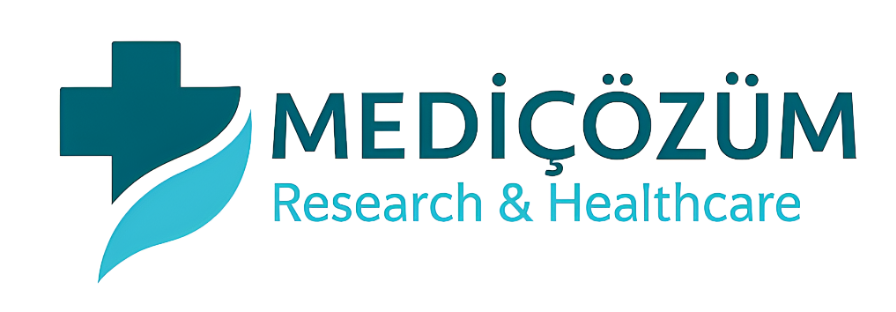
International Archives of BioMedical and Clinical Research (IABCR)
(An open access, International, Indexed, Peer- Reviewed Online and Print published Multidisciplinary Medical Research Journal)ISSN (Print):2454-9886
ISSUES: 4/year
Published by: Medicozum Limited,
Romford, RM5 2TL, United Kingdom

Submit your manuscripts to IABCR
a). Online Submission
b). Wider visibility through open access
c). Higher impact with wider visibility
d). Prompt review










